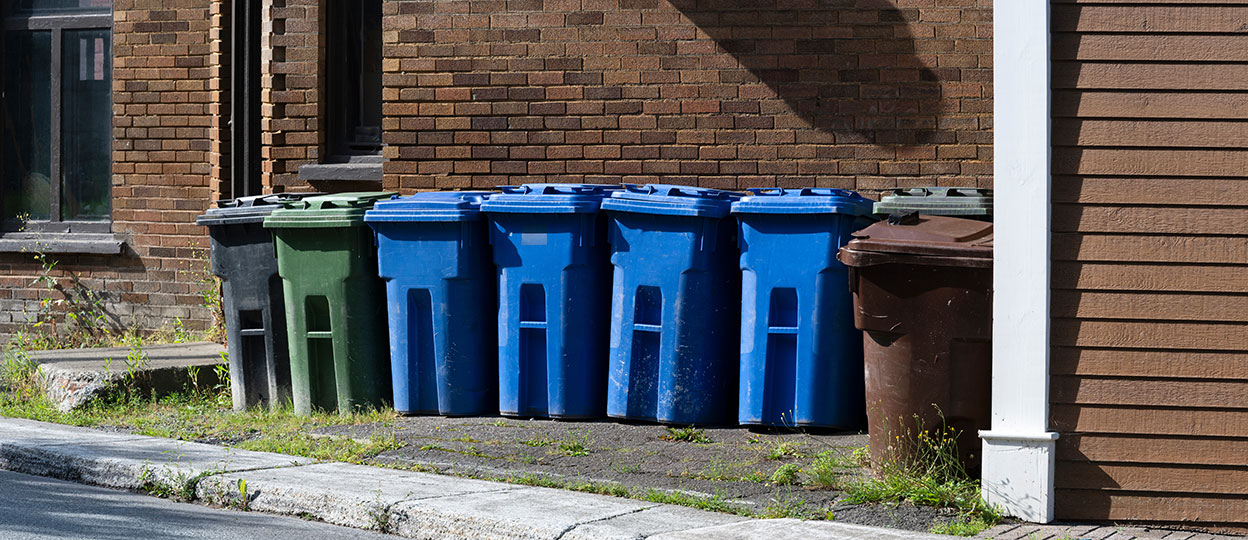Here is a round-up of recent key packaging policy developments that should be on your radar.
1. Debate over Simpler Recycling co-mingling plans
The Confederation of Paper Industries (CPI), British Glass and the Alliance for Beverage Cartons and the Environment (ACE) have recently warned government that their decision to allow commingled collections of paper, card, glass and liquid cartons at the kerbside - under the Simpler Recycling reforms - threatens one of the key aims of the legislation, which is to increase the quality of recovered materials.
Defra responded via Circular Online, stating “We are committed to a future where we keep our resources in use for longer, waste is reduced, and recycling rates increase. This is why we will create a road map to a zero-waste economy and will deliver reforms to make recycling simpler for the public.”
Another criticism posed by the associations was that comingled collections may also significantly increase reprocessing costs, thereby reducing overall investment in the UK reprocessing industry. Despite this, government have given no indication they will reverse their decision.
2. Indicative EPR Waste Management Fees
The first version of the indicative EPR waste management fees, released in August, are due to be updated this month. Defra stated that they will publish a second version of the estimates in September, using more accurate placed-on-market figures that have been submitted by registered producers earlier this year.
Due to the EPR reporting schedule, producers won’t know their actual liability until after April each year, with the first invoice being due around October. Organisations using these estimates should bear this in mind when budgeting for the new costs in 2025.
We are also expecting Defra to give an indication this year of the additional packaging reporting categories that will be needed for fee modulation from 2026 onwards. Fees will be modulated by recyclability of packaging so it is important that we know as soon as possible what extra information producers will need to submit. In conjunction, work on the Recyclability Assessment Methodology – a tool that will be used for the mandatory labelling requirement in addition to fee modulation in the future – is also expected to commence in the next few months.
3. Progression of the draft regulations
The draft Producer Responsibility Obligations (Packaging and Packaging Waste) Regulations 2024, once passed, will revoke and replace the EPR data reporting regulations currently in place and the 2007 PRN regulations. In May of this year they were notified, as a legal requirement, to the World Trade Organisation and the EU. The notification period for these two bodies is now over, so we expect the draft regulations to be laid in parliament soon, where they will need to ‘sit’ for 40 days.
Defra have stated their intention for these regulations to be passed by the 1st January 2025, as they contain the provisions for the setting and charging of the EPR waste management fees mentioned above.
We're here to help
If you have any questions about how any of the above impacts your organisation, please contact our team for help.






